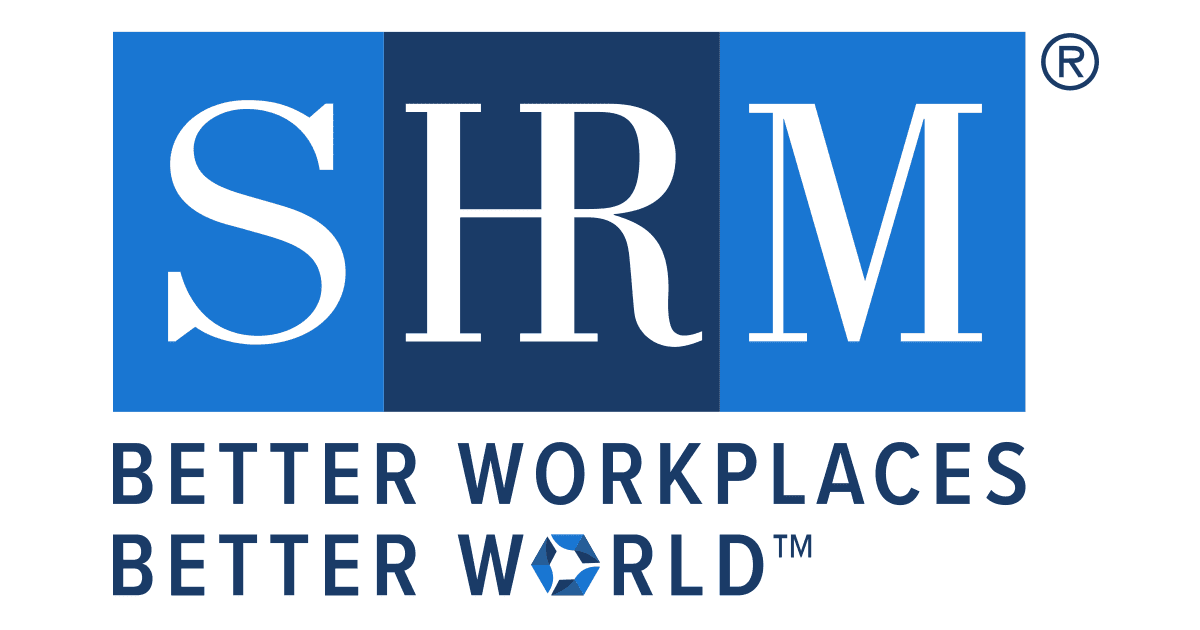
Are you looking for a versatile job that provides opportunities for growth and training? Working an entry-level administrative assistant job can be a challenging yet rewarding pathway, and many companies are hiring now for this position. Here’s our guide about what to expect from administrative assistant jobs throughout the Washington, D.C. metropolitan area..header-image{display:none!important;}

What do administrative assistants do?
“Administrative assistant” is a fairly vague job title. This position is often a “catch-all” for various internal and customer-facing tasks. In a broad sense, administrative assistant jobs control office efficiency and ensure operations run smoothly. This can involve a variety of tasks, including:
- Answering and directing phone calls and emails
- Organizing and scheduling meetings
- Ordering office supplies
- Assisting with special projects
- Producing and distributing correspondence
- Greeting customers or clients
- Booking travel arrangements
The Washington, D.C. metropolitan area is a perfect market for this role, with so many private businesses, consulting firms and government contractors needing entry-level administrative assistants to ensure jobs are completed on time. While some of these descriptions sound more like a secretary or receptionist, there are some distinctions in those titles.
How is an entry-level administrative assistant job different from a secretary or receptionist?
In general, the following are basic differences between these three job titles, even though all of these job categories overlap and work together:
- Receptionists serve as the first point of contact for an office
- Secretaries handle document production as well as other office tasks
- Administrative Assistants keep the office running smoothly and handle more project specific tasks.
In some office jobs, being an administrative assistant will look very similar to a secretary or receptionist role. Other times, often in larger companies, administrative assistants are specialists, like project managers, who oversee and ensure that overall work operations flow smoothly.
For example, rather than directly manning the phones, an administrative assistant may provide a receptionist with a flow chart of how to route calls more efficiently. In that context, working an entry-level administrative assistant job could also include serving as a go-between for the receptionist and the higher levels of leadership in the office.
When applying for an administrative assistant job in Washington, D.C., or the surrounding area, it’s important to understand the industry, company structure and work culture. Depending on the company’s needs, the role may look different from one place to the next. Many companies look for candidates willing to adapt and take on new responsibilities.

Why be an administrative assistant?
Being an administrative assistant is a dynamic and rewarding role that offers a unique blend of responsibilities and opportunities. At the heart of every successful organization, administrative assistants are crucial in maintaining smooth day-to-day operations. One of the main reasons to consider a career in this field is the chance to play an essential role in a functional business.
Administrative assistants serve as the backbone of an office, with jobs ranging from managing schedules and coordinating communication to ensuring that day-to-day tasks are handled efficiently. This role demands a diverse skill set, from organizational prowess to effective communication and problem-solving abilities. It provides a platform to develop and sharpen these skills in a professional setting.
Ideally, an entry-level administrative assistant job involves interaction with various levels of personnel in different departments throughout the office, fostering a dynamic and collaborative work environment. Administrative assistants are trusted with responsibilities that contribute directly to an organization’s efficiency and success.
In addition, being an administrative assistant offers a gateway to gaining valuable experience across different facets of business operations, making it an excellent stepping stone for career growth. The role’s versatility, paired with the opportunity to learn and adapt to new challenges, make it an appealing choice for individuals seeking a stable position and the potential for promotions and professional development.
Developing your own system within the established structure
Administrative assistants work in a delicate balance. The role can be one of the most versatile office jobs because so many administrative assistant tasks need to be done throughout each workday. Managers often expect administrative assistants to bring their ideas and systems to fit within the established structure.
For example, maybe the traditional protocol is that the administrative assistant will make calls to confirm the next day’s appointments. The administrative assistant may be free to make notes in a client’s file or update calendar meetings in a manner that they find most efficient and helpful for the senior staff. Managers often appreciate assertive, independent assistants who can complete core tasks without asking too many questions.
Day-to-day management with a broad perspective
To succeed in an entry-level administrative assistant job, prospective candidates must recognize that they will be responsible for the day-to-day office management and the larger picture of the company’s goals and objectives. A detail-oriented mindset and the ability to concisely summarize key takeaways are critical.
Administrative assistants often put out many little “fires” throughout the natural workday. Still, they need to maintain a broad perspective so urgent tasks don’t replace the essential components of the role. Fast-paced markets like Washington, D.C. expect administrative assistants to keep up with action items and prioritize effectively, even in an entry-level job.
Serve as an assistant, not a manager
While administrative assistants track and monitor tasks efficiently, this is a supportive role rather than a leadership role, meaning that administrative assistants work directly under high-level management or other leaders in their office. In their jobs, administrative assistants typically will not make tough work-related decisions by themselves.
Administrative assistants have a specific hierarchical place in the company that may vary depending on the industry, company size and other factors. Regardless of the particular structure of a company, administrative assistants typically work very closely with the leadership they assist. In this role, you could expect plenty of formal and informal meetings and check-ins with one or more leadership roles at the office.
Get a specific snapshot of your possibilities
Each administrative assistant position looks slightly different. An administrative assistant job could be a great fit if you have the related skills of multitasking, prioritizing, organizing and ensuring others stay on task. Whitman Associates, Inc. helps place candidates in entry-level administrative assistant jobs in Washington, D.C. and the surrounding area. We have more than 50 years of expert staffing experience. When you’re ready to start your new career path as an administrative assistant, send your resume to resumes@whitmanjobs.com.










